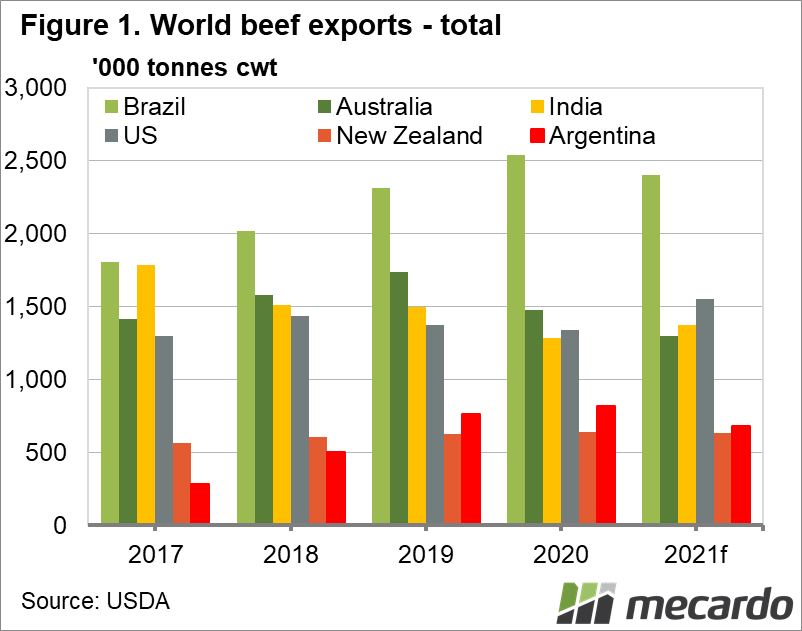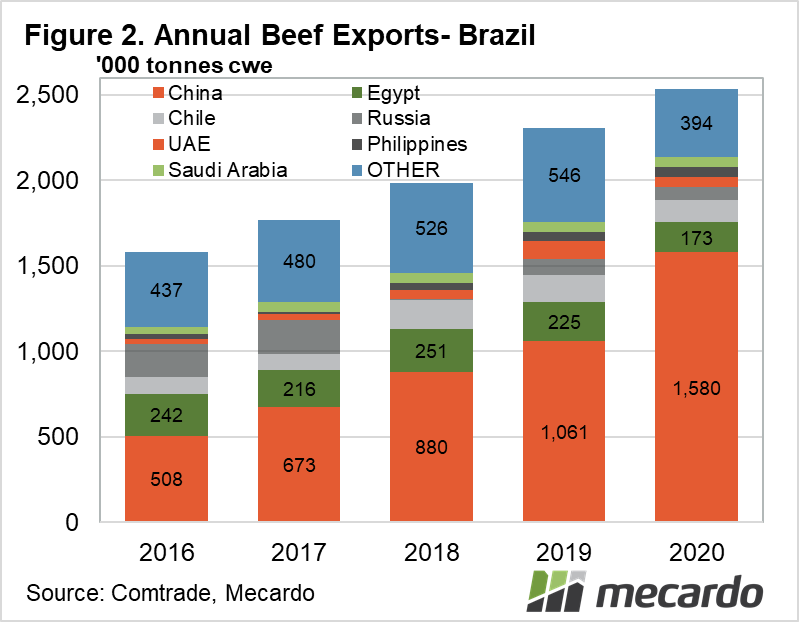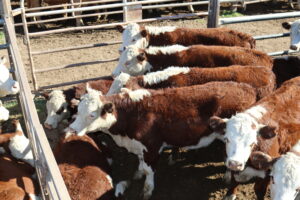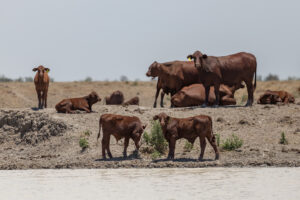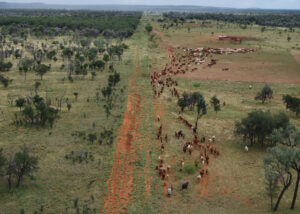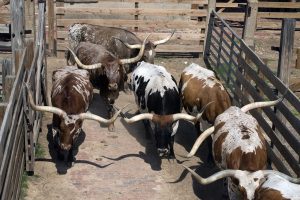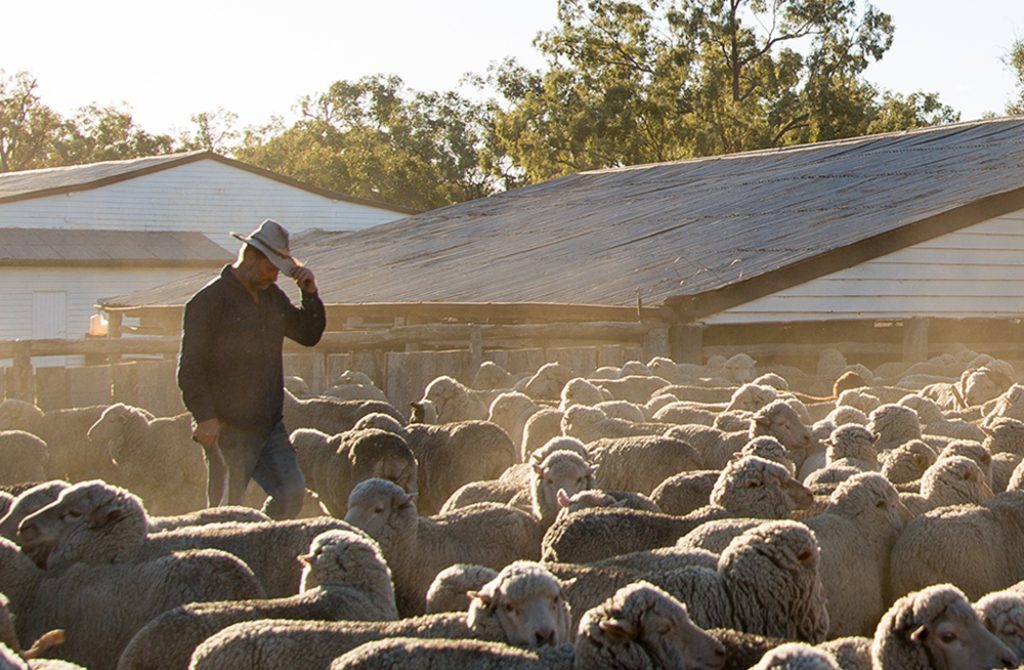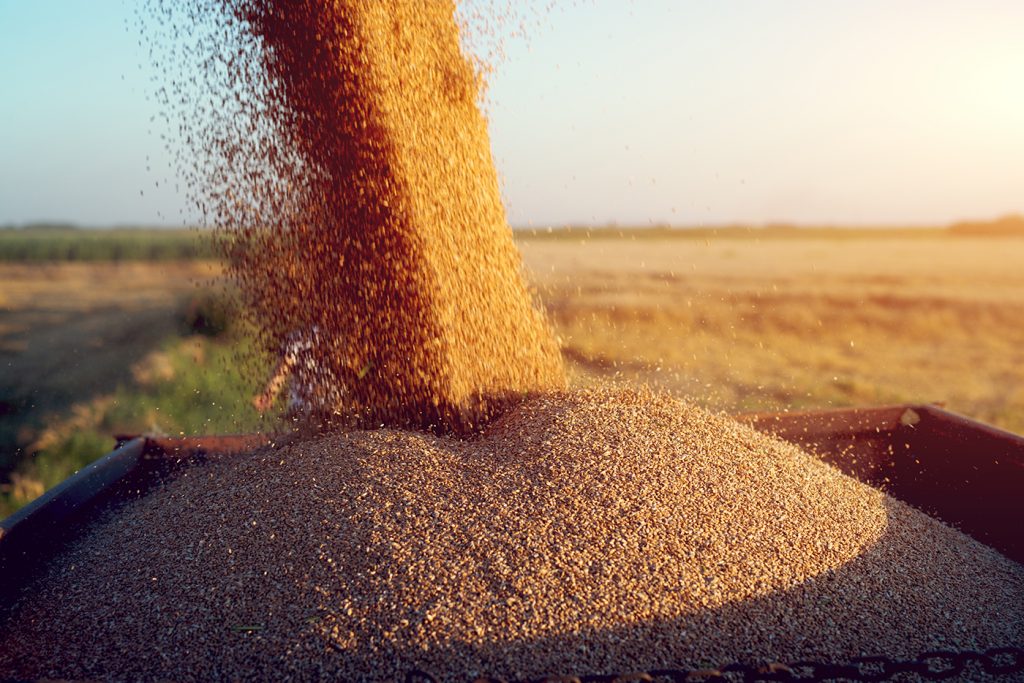Brazil has detected two cases of “atypical” mad cow disease, or Bovine Spongiform Encephalopathy (BSE) in two separate states in Brazil. Exports to China have been suspended with immediate effect. China is yet to announce when exports will return or advise on the status of existing beef supplies already purchased within the country or in transit.
The two cases of BSE were found during routine health inspections at meat processing plants in Mineas Gerais and Mato Grosso states. The cases were found in aged cattle and classified by the Brazilian authorities as “atypical”, meaning that the onset of the disease was thought to be spontaneous and intermittent, and not linked to the consumption of contaminated feed.
Brazil is the number one beef exporter by volume in the world at 2.5 million metric tonnes (mmt) cwe in 2020 to 129 countries. 1.6mmt cwe, or 62% of this shipped to China and its territories, accounting for 42% of China’s annual beef imports. This volume is close to double that of Australia (Figure 1). Other major customers of Brazil in 2020 include Egypt (173kt), Russia (78kt), Saudi Arabia (58kt) and the Philippines (57kt) (Figure 2).
In the period Jan-April 2021, Brazil averaged 172kt cwe of beef exports per month, with an average monthly volume of 110kt cwe landing on Chinese soil (Figure 3). The last time a case of BSE was identified in Brazil was in May 2019, when a single atypical case, also in the state of Mato Grosso was found in a 17 year old cow. Exports were suspended for less than a fortnight.
In the past, the World Organisation for Animal Health (OIE) upheld Brazils insignificant BSE risk status in response to detection of an atypical BSE case found in Parana state in 2012. However, the response from several countries including south Korea, Egypt and China was to immediately ban imports from Brazil, with China finally lifting the ban in 2015.
Beef central reports that wholesale beef prices in China started to rise the moment that the suspension decision was released. At this stage, no explanation has been offered by the Brazilian government about how two supposedly unrelated cases developed within the same short timeframe, which is potentially a source of increased concern, especially if tracing the source of the cattle proves difficult.
With Brazil suspending exports of beef to China, the shortfall will need to be secured from other sources, including Australia, which have limited capacity to supply additional volume. This incident is likely to be extremely damaging to demand for Brazilian beef, and positive for other exporters, as health conscious consumers will decide with their wallet.
What does it mean?
The fact that two cases of BSE were found in geographically disparate locations, at the same time suggests that the suspension of exports may continue for longer than was the case in the 2019 incident. It may result in other countries also imposing import bans. The constraint on global beef supply from this incident will ultimately be highly supportive to world beef prices and help underpin elevated cattle prices in Australia.
Have any questions or comments?
Key Points
- Mad Cow Disease (BSE) found in Brazil
- Exports to China immediately Suspended
- Brazil biggest global beef exporter at 2.5mmt, sending 64% to China in 2021
Click on figure to expand
Data sources: Beef central, ABC, Comtrade, USDA





